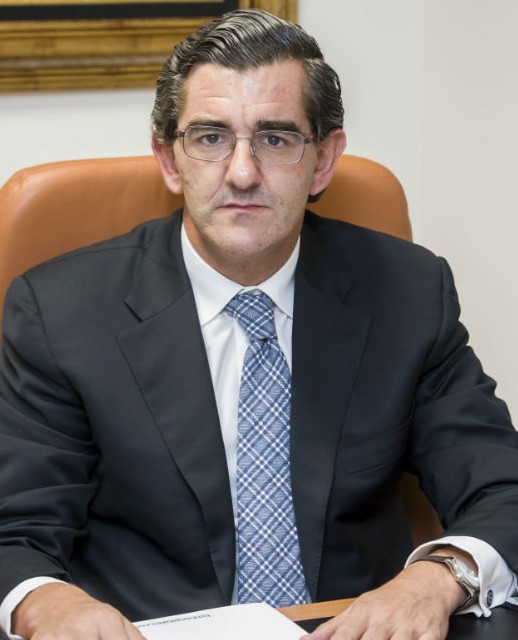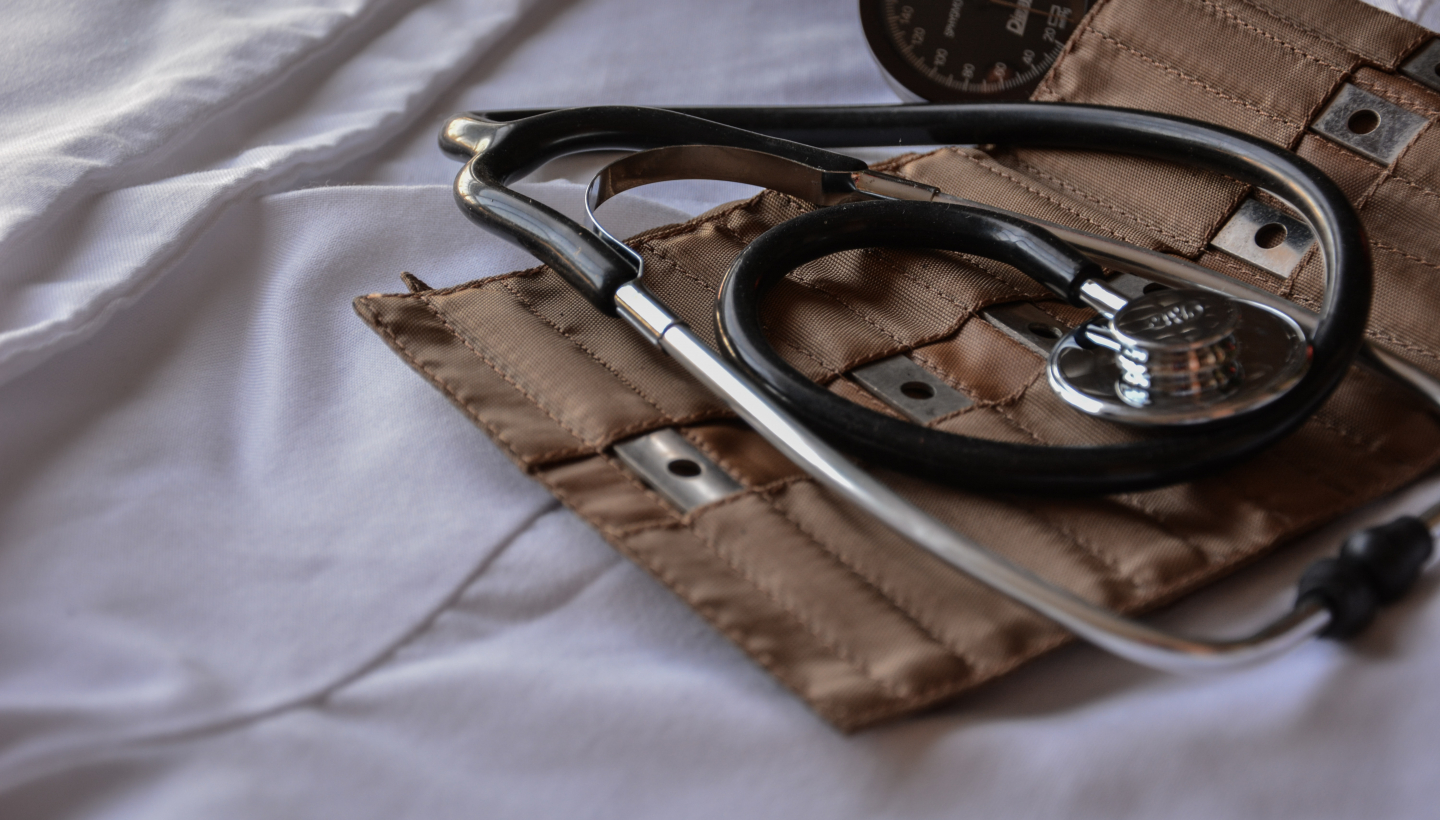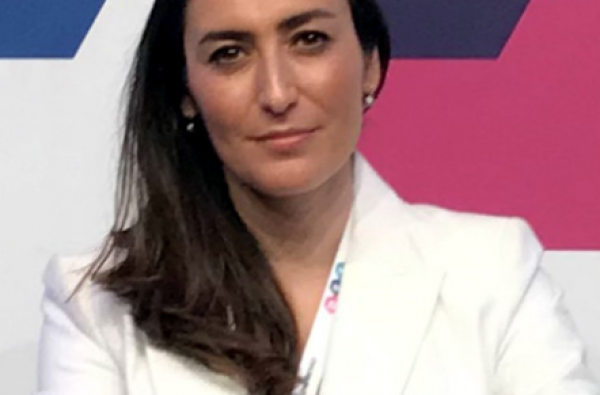The president of HM Hospitales, Juan Abarca, reflects on the road ahead for leading technologies such as genetic 'clairvoyance' to reach a level of reliability sufficient to achieve individualized medical prediction.
"The next few years we are going to live a revolution in the health sector," says the president of the private hospital group HM Hospitales, Juan Abarca. Convinced of the importance of intensifying medical research "infrequent in the private health sector in Spain", and of applying scientific advances and health technology in clinical practice, he perceives innovation as a vital ally.
But, no matter how many new technologies arrive, Abarca is convinced that the process of health transformation "will not make hospitals disappear in the future". No matter how much progress is made, he believes that "nurses and doctors will continue", either through online medical care or through a traditional appointment in the physical centre. In his opinion, innovation in health will be more aimed at perfecting patient care and preventing disease. His vision for the future is that technology will allow professionals in his 15 hospitals in Spain not to have to cure, but to "get there before the disease".
One of the 10 Emerging Technologies that MIT Technology Review has selected in 2018 is massive genetic studies, capable of finding common traits in people's DNA to predict possible diseases. How do you evaluate this new technology?
Massive analysis of genetic information has been available for several years at very competitive prices. But in most cases, the onset of disease depends on the genetic substrate, environmental exposure and lifestyle. Therefore, in order to predict a disease it is necessary to combine information from these three spheres. HM Hospitales is integrating these three sources of information with a very clear objective: we want to get there before the disease appears. We don't want to cure, we just don't want them to get sick or, if that happens, to be there first.
What do you think about the application of big data and artificial intelligence both in science and business management?
HM Hospitales has a very powerful R+D+i department whose objective is to integrate this type of mathematical approach into the day-to-day running of the company.
But we must bear in mind that the most important thing is still the question we ask ourselves. Sometimes, it is the big data technologies that give you the answer to that question. In others, a simple rule of three is enough to reach the most reasonable solution. Therefore, and although it may seem obvious, our approach is based on the common sense on which the questions are asked and on the rationale of the search for the answer.
What value are new technologies bringing to your business? And to users?
In terms of business it is evident that this type of technology improves the knowledge of our own organization, as well as our patients. This allows us to be more flexible in the face of real user demands. A hospital is the only company in the world that has to face an unknown demand through a 24/7 activity, so rapid adaptation to changes in demand is key to ensuring our viability and the satisfaction of our patients.
Do you think it is possible that we will soon have so much information from users (through, for example, wearables) that we can predict things like their risk of suffering from a disease or their possible consumption of health products and services?
It is clear to all of us that our day-to-day information will be key in our ability to anticipate most events. From there to the absolute prediction there is a stretch that, in my opinion, is not yet going to be covered. The most advanced modelling currently used to make weather forecasts is very precise at territorial level, but when it approaches neighbourhoods, reliability is reduced. Therefore, these technologies will help us to improve our clinical care and the organization of our supply to meet the demand indicated above. But, as has happened in other fields, I don't think it's possible to get the absolute prediction. And what we are looking for is individualized and, above all, time-associated prediction: that is, we want to know what will happen and when. We even want to know if today's actions are capable of modifying that probability of appearance.
These new technologies are favouring the entry of companies outside the sector that have detected new business opportunities. For example, Amazon has launched itself into the market through a joint venture with JPMorgan and Berkshire Hathaway and the latter has bought an important shareholding in the pharmaceutical company TEVA. How are you preparing for these new competitors?
It is clear that technology will socialise diagnosis. As doctors, we may find it amusing for a patient to google their symptoms for a diagnosis. We even condescend to some very sophisticated computer solutions to help with diagnosis, as our first-year residents are more knowledgeable than these solutions. But it's only a matter of time before these systems are able to diagnose with enormous reliability, sometimes better than us.
But our approach remains the same: the important thing is the question. For this reason, our company is committed to the semi-automatic diagnosis of normality and banality. This allows us to guide our professionals to the diagnosis of illness and seriousness so that medical talent is devoted to what is truly important: complex illness. Consequently, the most frequent client/patient, who fortunately are those with less serious illnesses, can be quickly attended to and their problems resolved while more time is devoted to the complex and serious patient. The same thing happens now, but in a more technologically organized way.

What new capabilities do company presidents need to address these changes?
I don't think presidents need new skills if they have adequate prior training. The emergence of information technology is a process that takes years, but now more is being said about it.
Its incorporation into the way of doing business does not cease to be conceptually a very small transformation of the organisation, given that the core of the business remains the same. Therefore, the president's ability to deal with an organizational change, which involves a modification of some processes, will be the key to dealing with the transformation of the sector. A sector, after all, that continues to be based on someone having to make a diagnosis, propose a treatment and explain it in a way that the patient understands and, subsequently, follow it up to analyse its evolution. The process itself underlying the business is not going to change that much.
According to OCSE, more than four million "digital employees" are expected to be missing from the job market over the next five years. Is this trend already affecting your industry?
Our perspective is that digital health managed by these 'digital employees' is a reality. But back to the point of origin: what's the question? From our point of view, the patients who will consume this type of health will be those with less severe pathologies or those who want to make a 'consultation' about something that worries them. In the end, the question will be how to generate business around it, because we are able to pay a lot of money through Amazon to get an object we don't need or pay for parking in a public hospital where the care is free and unlimited, but paying a decent amount for an online consultation will be the main stumbling block we will find.
Incorporating new teams and lines of work requires an organizational change: accepting new risks, adopting the culture of error, looking for new capabilities... How was this need to innovate transmitted to the Board of Directors?
It is not necessary to transmit it to the Board of Directors, it is in our DNA. One of our great strengths at HM Hospitales is that we are a very young company (we have only been in the market for 25 years), therefore, we were born and grew up in the midst of a digital transformation and its founding principles are based within the organization. The other great advantage is that this hospital group is created by doctors who have opted since our inception for disruptive technology. Therefore, innovation is an inseparable part of our way of understanding business and profession.
How are you facing the challenges posed by the digital transformation (mission, processes...)? Would you give any advice to those in your same situation?
Try to innovate by adapting the new possibilities that technology gives us, to put them at the service of our patients, and thereby strengthen our business model. Mission and vision do not change. What changes is the scope, the way we work, the processes and, to do this, we have to take our clients (patients and relatives) very much into account and think and try many things. I don't think I have to give advice to anyone, but I would say to those who are starting out that they should never lose their curiosity about new ways. It takes a lot of ambition to achieve professional goals, and the fulfillment of those goals is essential to be able to explore and always have an open mind.



